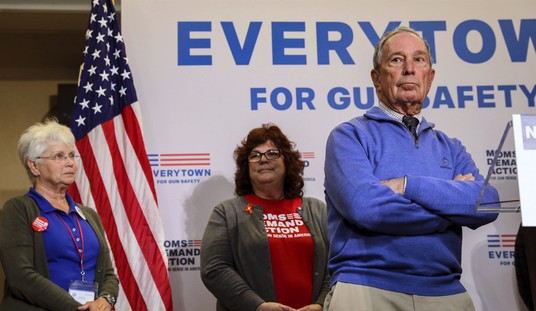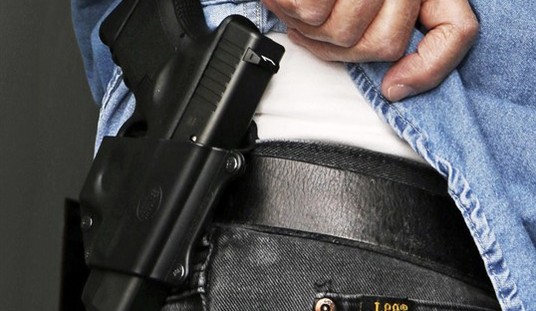Massachusetts Attorney General Maura Healey is displaying her contempt for gun owners, firearm retailers, and even the judicial system itself in her latest defense of the sweeping order re-defining “assault weapons” in the state.
Healey now claims it should have been clear to anybody with “ordinary intelligence” that her ruling did not apply to seven types of semi-automatic rifles at the heart of the lawsuit filed by firearm retailers in the state. There’s just one problem with her argument. It isn’t true.
A review of some of the records filed with the court does not appear to support the notion that the status of the guns in question was always clear.
In his March 2018 ruling denying Ms. Healey’s motion to dismiss the case, U.S. District Court Judge Timothy S. Hillman wrote that the AG’s ”(enforcement) notice and subsequent failure to clarify arguably has resulted in a lack of fair notice of which conduct will be subject to criminal sanction.”
Additionally, AG lawyer Gary Klein wrote in a November 2016 email to one of the plaintiffs that the AG “has not taken a position on the sale of the Tavor as of this time.”
The IWI Tavor is one the seven groups of weapons the AG’s July 18 motion argues was always clearly legal under its enforcement notice.
In a court filing Friday, David R. Kerrigan, attorney for the gun shops, noted that, using the logic employed by the AG on July 18, the AG’s own employees “must not be of ordinary intelligence.
“This cannot be,” he added. “The fact is that the employees were unable to tell because they, and the stores, were uncertain on whether the firearms met the tests.”
On July 20th, 2016, Healey held a press conference to announce that, for the past 18 years, everyone in the state of Massachusetts had been wrongly interpreting the state’s “assault weapons ban”. Not only did the law ban specific models as well as guns with certain features, Healey said, but the law also banned “copycat versions” of those named firearms. And in Healey’s view, almost every semi-automatic long gun was a “copycat” of one or more of those banned rifles and shotguns. That meant almost every semi-automatic long gun would be illegal to sell in Massachusetts going forward.
The AG’s office wasn’t much help in letting gun shops know what firearms they could legally sell, which is one of the complaints in this lawsuit. The National Shooting Sports Foundation’s general counsel Larry Keane says the vague responses by the AG’s office were designed to make it as hard as possible to comply with the new interpretation of the old law.
Mr. Keane said Ms. Healey’s current position that all the guns in question were always clearly legal is “nonsense.” He said he believes the enforcement notice was intentionally vague to chill the selling of certain firearms.
Mr. Keane said the AG’s latest filing does not limit the need to continue to press the case. In addition to asserting deprivation of property because of guns they felt they could no longer sell, gun shops are still concerned that law enforcement agencies outside the AG could interpret her enforcement notice to ban the guns at issue.
″(The AG) admitted in discovery in this case that she is not the final arbiter of which guns are or are not legal to sell, saying other law enforcement agencies and district attorneys in the state are not bound by her ever-changing pronouncements,” Mr. Keane wrote in an email.
Healey’s actions remind me a little bit of the legal machinations we’ve seen from NYC as anti-gun politicians try to avoid a challenge to one of its laws scheduled to be heard by the Supreme Court this fall. Defend the law for as long as you can, but when backed into a corner, either change the law or pretend it’s not what you previously claimed it was. I’d say anybody of “ordinary intelligence” can tell that the Massachusetts Attorney General is playing games with the 2nd Amendment, instead of protecting it.









Join the conversation as a VIP Member